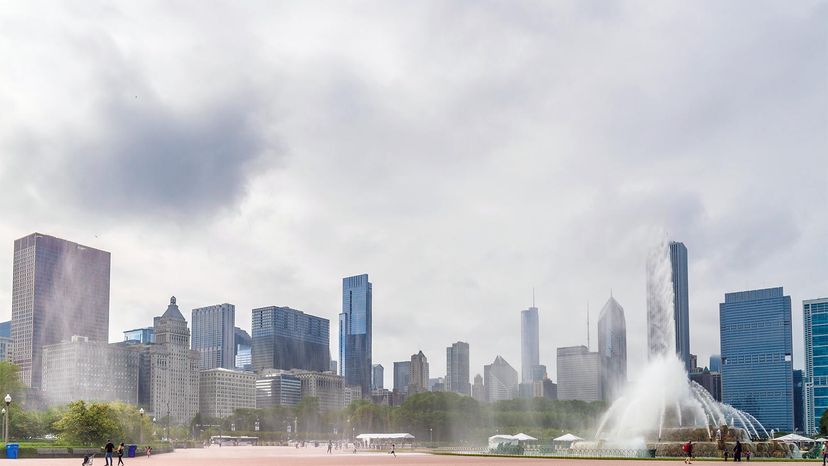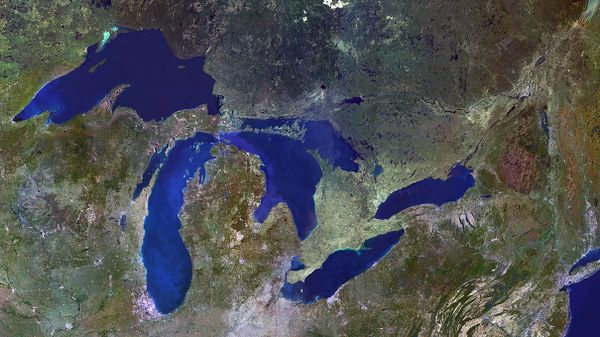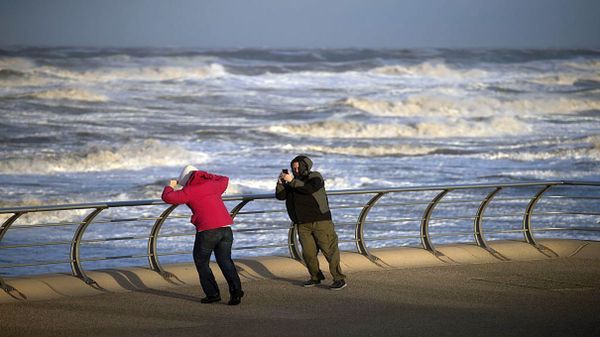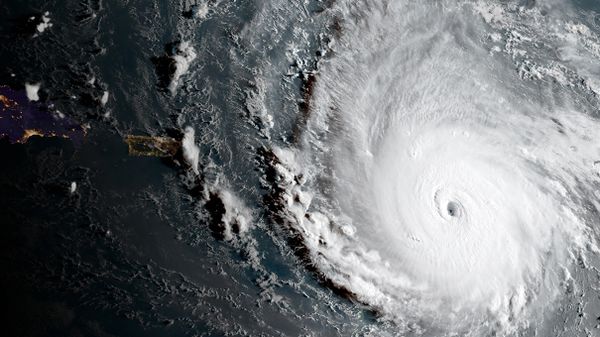
Chicago! Land of improv and gangsters, Mike Ditka and a weird glut of corrupt politicians. The old Windy City itself, so named because — come on, keep up — it's so awfully breezy. We'll come back to the origin of the nickname later, but first let's look for clues in the answer to the question at hand: Is Chicago really that windy?
It's a question we can only answer from a meteorological perspective, since we have no way to quantify just how many blowhards live in the greater Chicago area. (But some say you can find most of them at Bears games every Sunday. Zing!)
Advertisement
What we can do is look at historical and current weather records to find out if Chicago deserves its nickname. And bad news — Chicagoans will have to depend on their windbags for now, because they sure aren't getting their unofficial motto based on empirical breezy evidence.
Here's the deal: Mt. Washington, New Hampshire, is pretty much the undisputed weather champion in the lower 48 states. Not only is it the coldest, the snowiest, the cloudiest and the wettest place in the United States — it's also the windiest. Wind speeds there can average as high as 25 miles per hour (40 kilometers per hour) in the summer and 50 miles per hour (80 kilometers per hour) in the winter. Gusts can reach hurricane force.
Those speeds pretty much blow the next windiest place — Amarillo, Texas, — out of the water. The city averaged daily wind speeds of 13 miles per hour (24 kilometers per hour) in 2021 according to data from the National Oceanic and Atmospheric Administration (NOAA). And Chicago still isn't even the next on the list. That goes to Rochester, Minnesota, which averaged wind speeds of 12 miles per hour (19 kilometers per hour).
In fact, Chicago's average wind speed is about 10 miles per hour (4.4 kilometers per hour), so while it might be a "windy city," it's certainly not the windiest and didn't make the top 10 windiest cities.
So where the heck did that nickname come from, if not the brisk breezes off the coast of Lake Michigan? Well, the name probably originated with the stiff winds the city experiences, and it also had something to do with a perceived idea that Chicagoans (and their politicians) were gasbags.
While there's an oft-repeated story about the name coming from a New York editorial making fun of Chicago's unsubstantiated boasting concerning the World's Fair, there's no evidence that editorial exists.
Instead, historians agree that the term was coined before the fair, as a sly bit of name-calling meant to reference both the hot air of its citizens, as well as the strong breezes that blew through the city.
Advertisement


